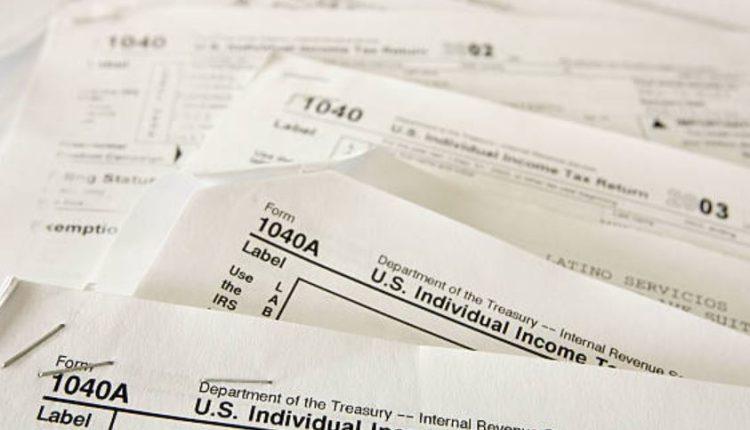Avoiding a Tax Surprise: Do You Owe Taxes on Your State Refund?
As tax season unfolds, staying abreast of key changes is paramount for anyone keen on optimizing their tax situation.
The 2023 tax year brings forth a blend of annual adjustments and potential legislative modifications that could significantly impact your tax return.
Navigate Tax Season with Confidence: Key Insights on Tax Provisions
Here’s a brief guide to help you navigate through the intricacies of tax season and potentially reduce your tax liability.
- Early Filings and Tax Provisions:
Understanding the nuances of tax provisions is crucial.
Tax laws are subject to yearly adjustments, encompassing inflation adaptations and potential last-minute congressional alterations.
Being informed about these changes is essential as they can directly influence your tax bill for the 2023 tax year.
- State Tax Refunds and Federal Income:
For most taxpayers, state tax refunds need not be included in federal income for tax purposes.
Those who opt for the standard deduction on their federal income tax return are unlikely to owe federal income tax on state tax refunds. In the 2021 tax year, a substantial 90% of individuals claimed the standard deduction.
- Itemizing Deductions and State Tax Refunds:
If you itemize deductions and receive a state tax refund, it must be included in income only if you previously deducted the state tax paid.
The $10,000 limit on itemized deductions for state income and property taxes becomes pivotal in determining whether the refund is included in income.
- Taxable State Refunds:
Certain conditions can render your state refund taxable income. If you received a state or local income tax refund, credit, or offset and itemized deductions on your federal income tax return, your state refund might become taxable.
Opting for state and local income taxes instead of general sales taxes could also impact the taxability of your state refund.
- Exceptions and Special Payments:
While most state payments, like rebates and relief checks, may not be challenged by the IRS for taxability, exceptions exist.
Special state payments, such as Minnesota Walz checks and Arizona Families Tax Rebates, are considered taxable income.
- Filing Deadline and Extensions:
The deadline to file your 2023 tax return or request an extension is Monday, April 15. For those with a valid extension, the due date extends to October 15, 2024.
Early filers should ensure they have all the necessary information before submitting their returns.
- Expert Guidance:
If uncertainties linger regarding the taxability of special state payments, seeking advice from a tax professional before filing your federal return is a prudent step.
The IRS underscores the importance of checking IRS.gov for quick access to refund information and answers to common tax questions, with direct deposit being the fastest way to receive any due refunds.
Tax Uncertainties: Expert Guidance and IRS Resources

With the filing deadline set for April 15, 2024, and the option for extensions until October 15, early preparation is key.
Whether you choose to file early or extend the deadline, having all necessary information is crucial for a smooth and accurate filing process.
For those facing uncertainties, seeking expert guidance from a tax professional can provide valuable insights and ensure that you make informed decisions.
The IRS remains a valuable resource, with IRS.gov offering quick access to refund information and answers to common tax questions. Additionally, opting for direct deposit is recommended for the fastest receipt of any due refunds.
As taxpayers embark on this annual financial endeavor, arming themselves with knowledge and seeking professional advice when needed will contribute to a successful and stress-free tax season in 2023.”

